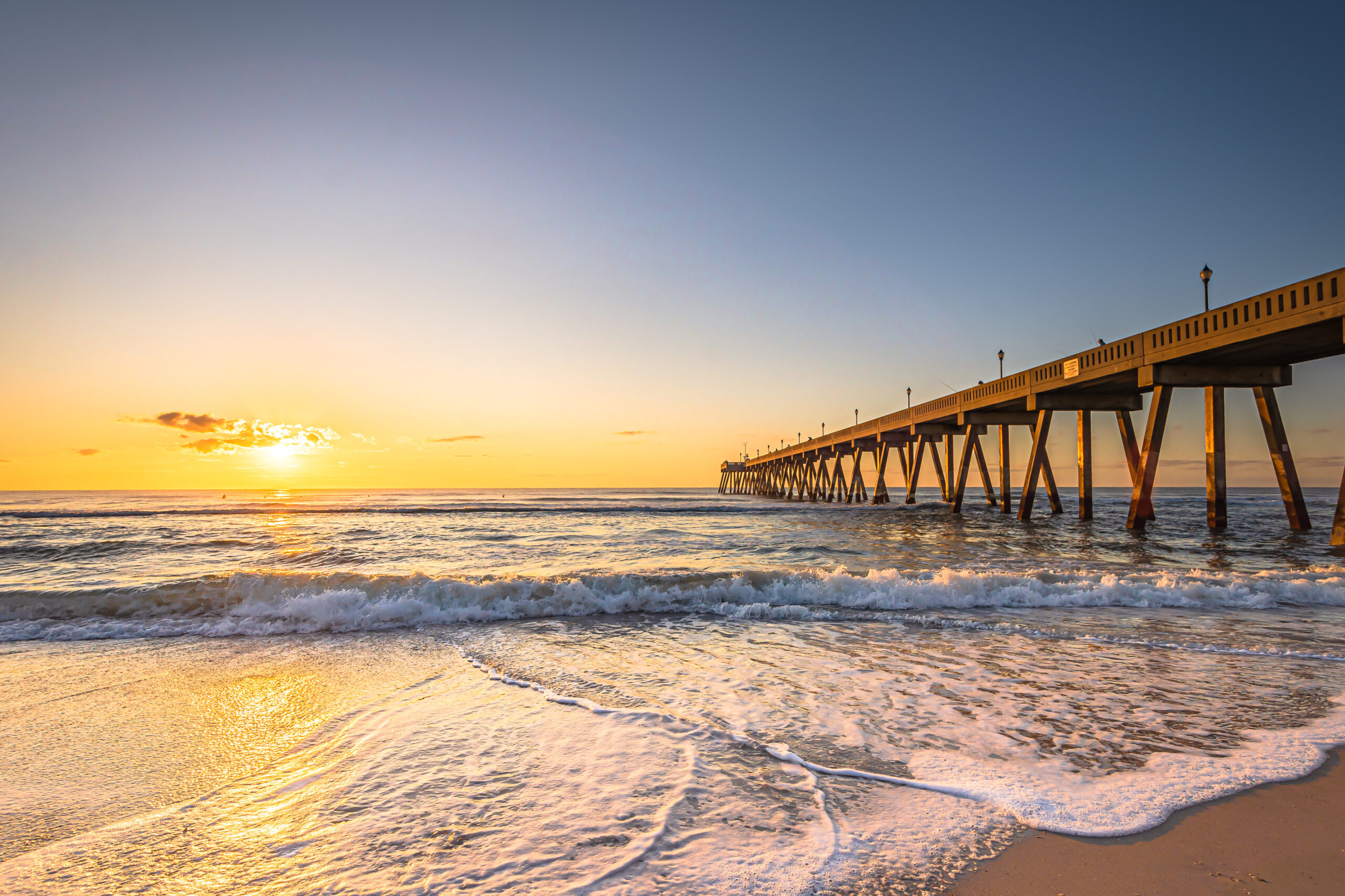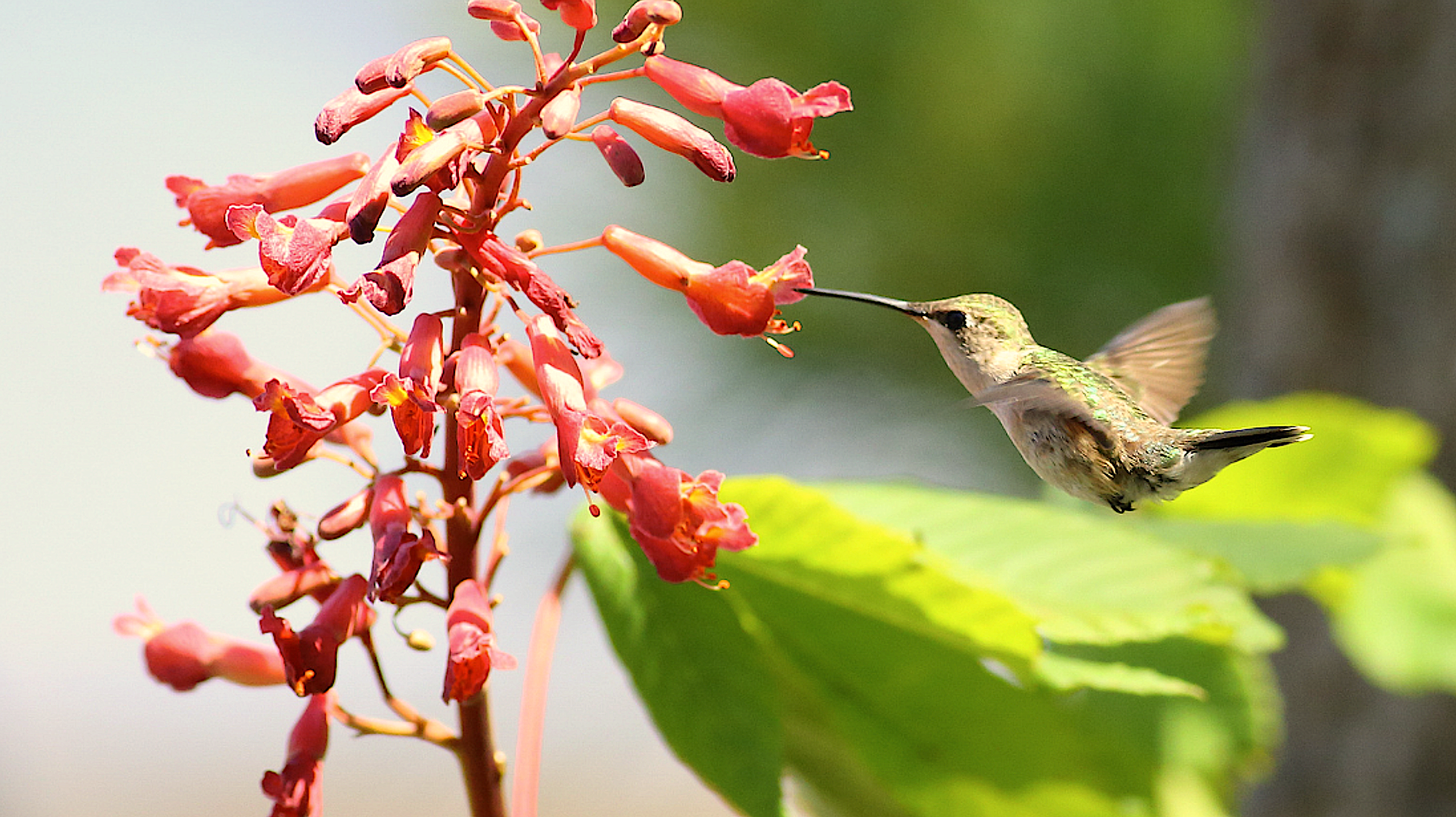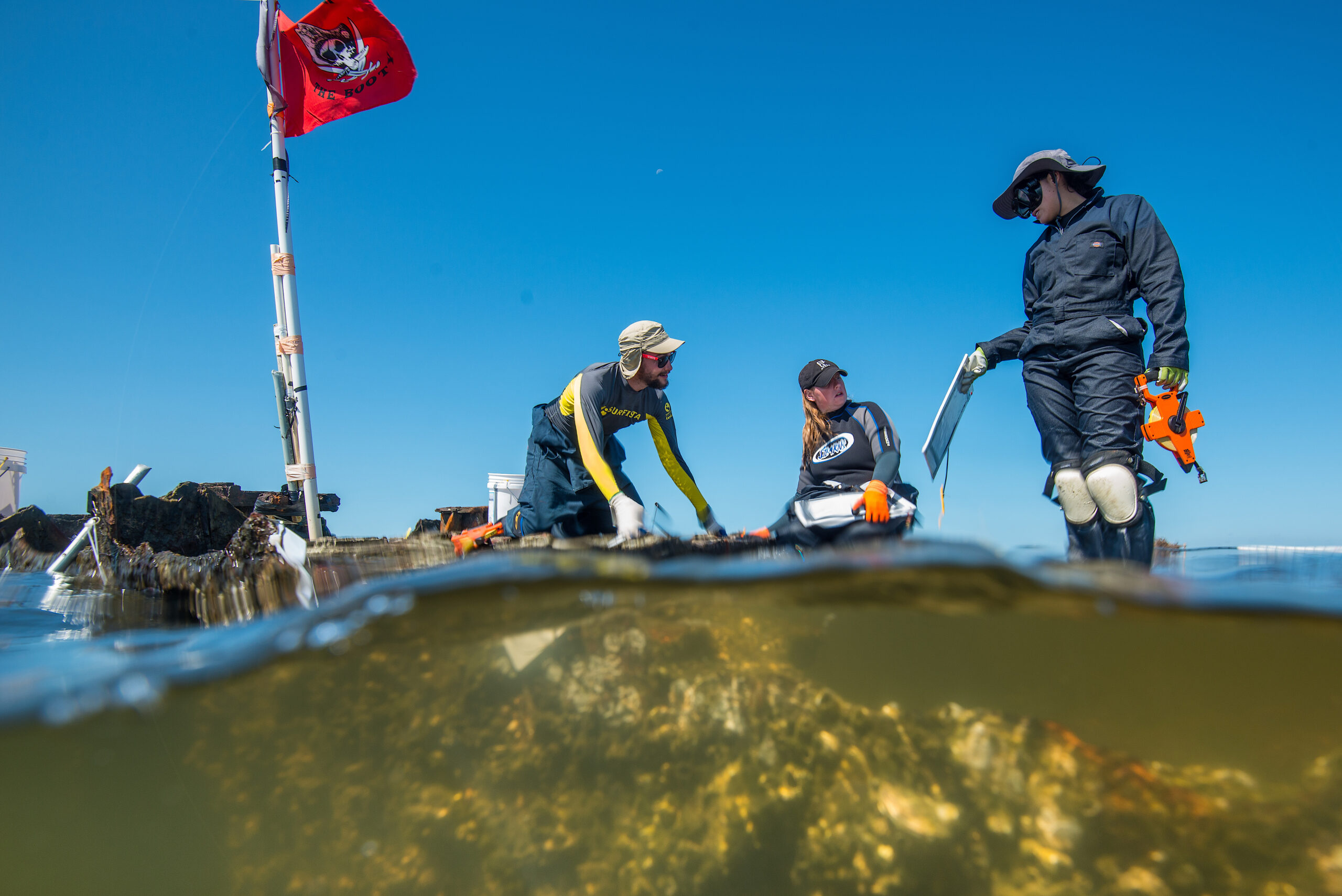
Spring 2023
The Mystery Ship Off Pappy Lane
Weeks of diving and mapping revealed a ship that had found its way from the turbulence of the Pacific Ocean to its final resting place at the bottom of the shallow, murky Pamlico Sound.
Read MoreMore From Spring 2023

Mariner’s Menu: Lights, Camera, Crab Cakes
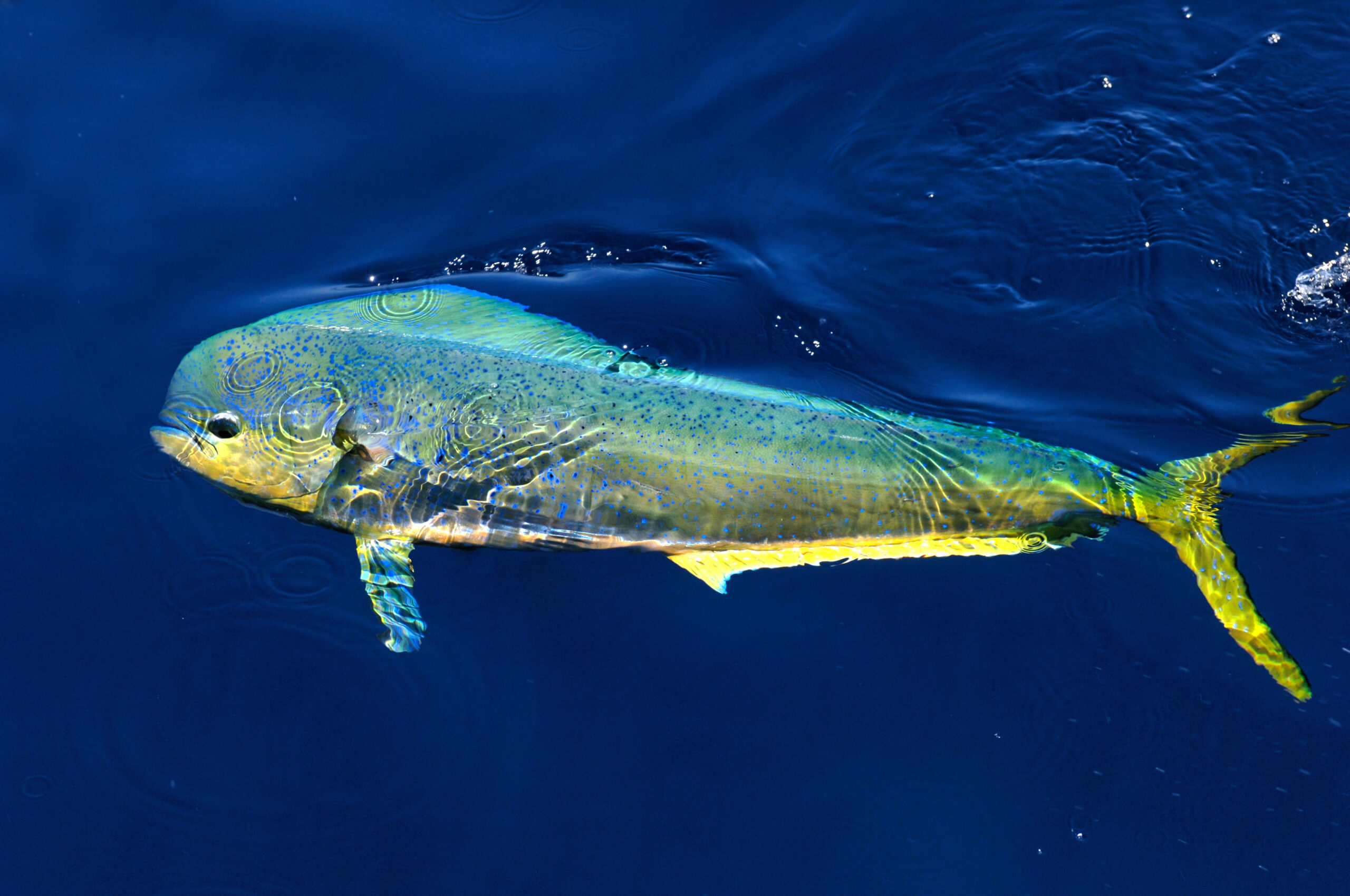
Hook, Line & Science
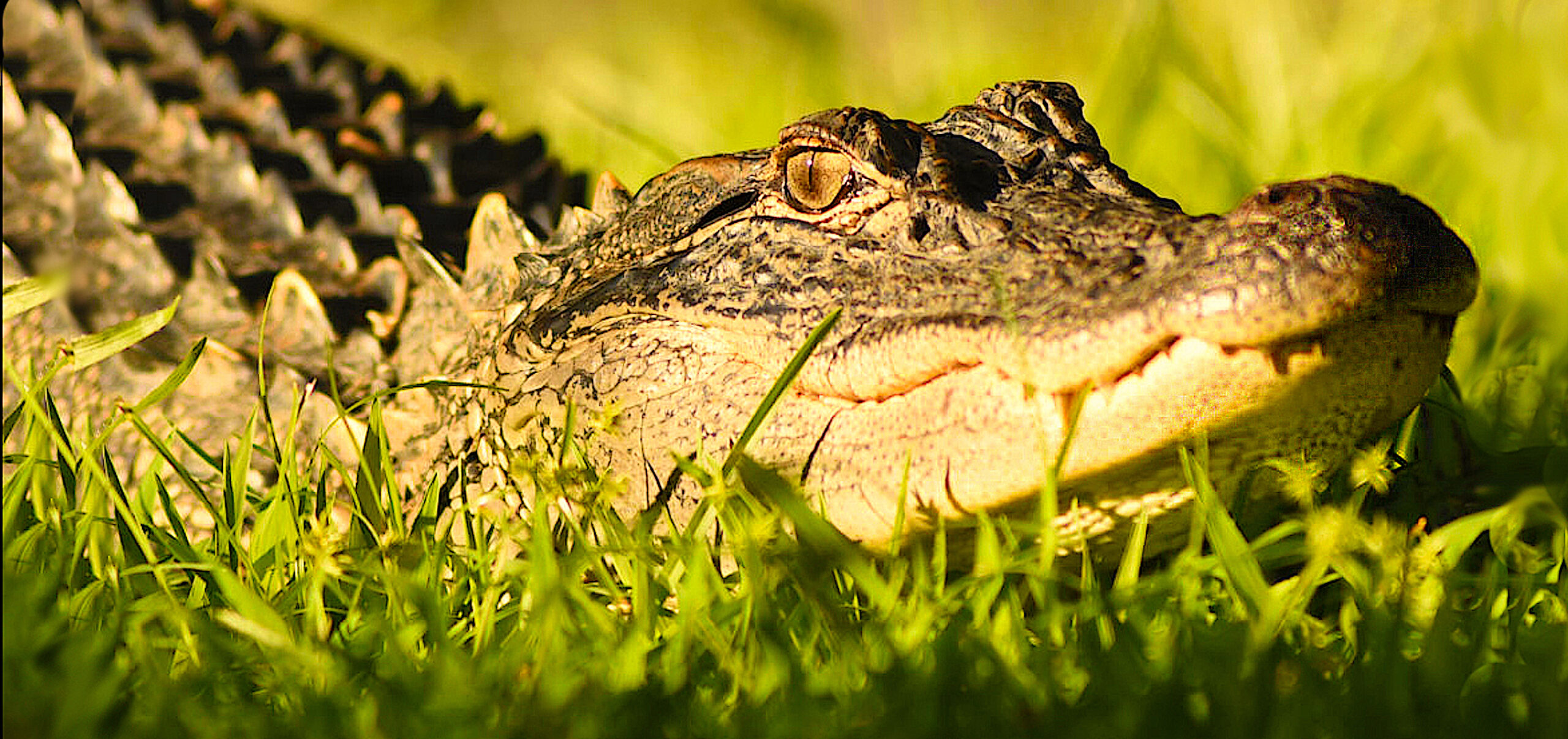
Emerging Contaminants: Why Do These Alligators Have Infections?
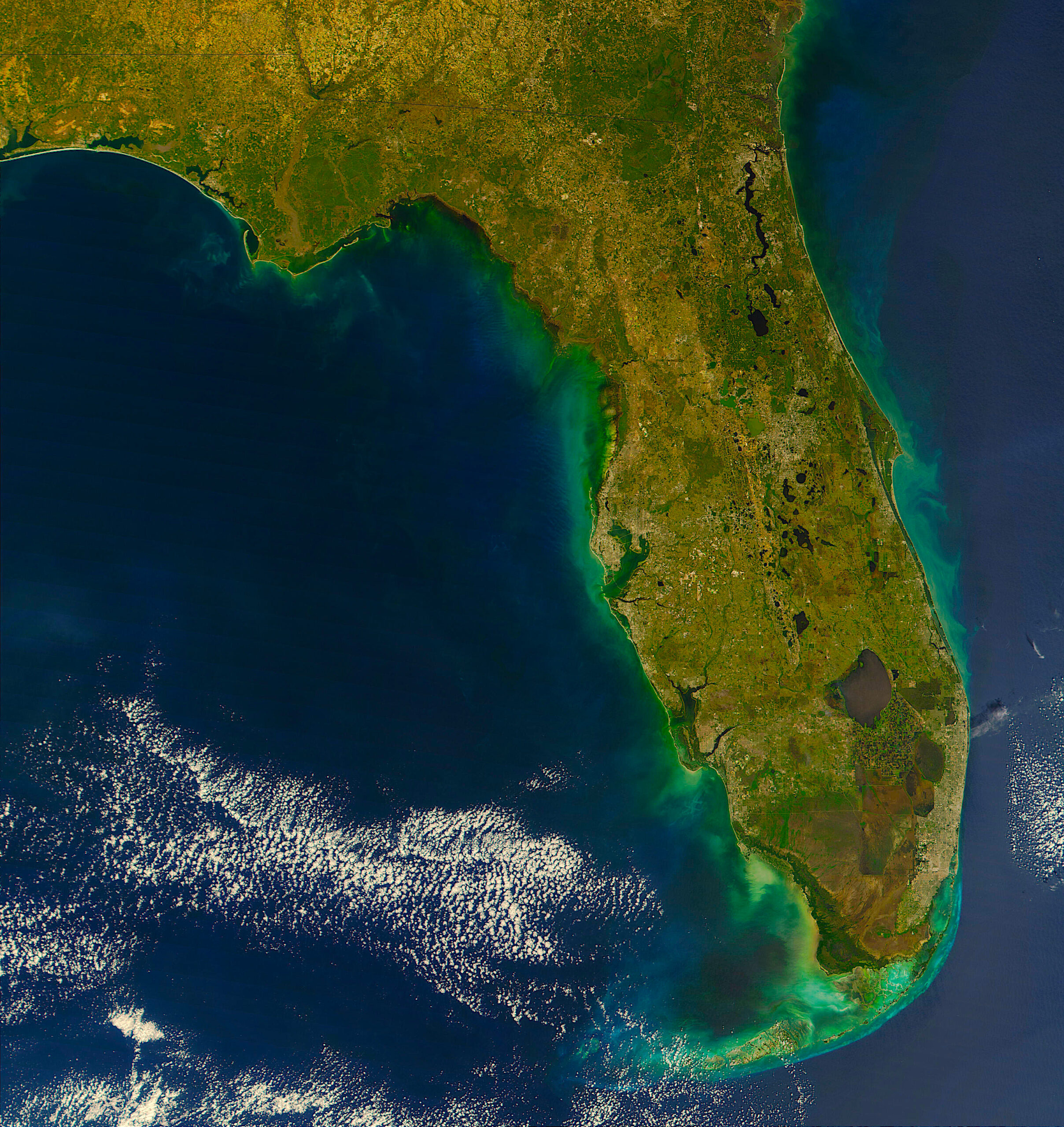
Science and Social Media: Twitter and Red Tides
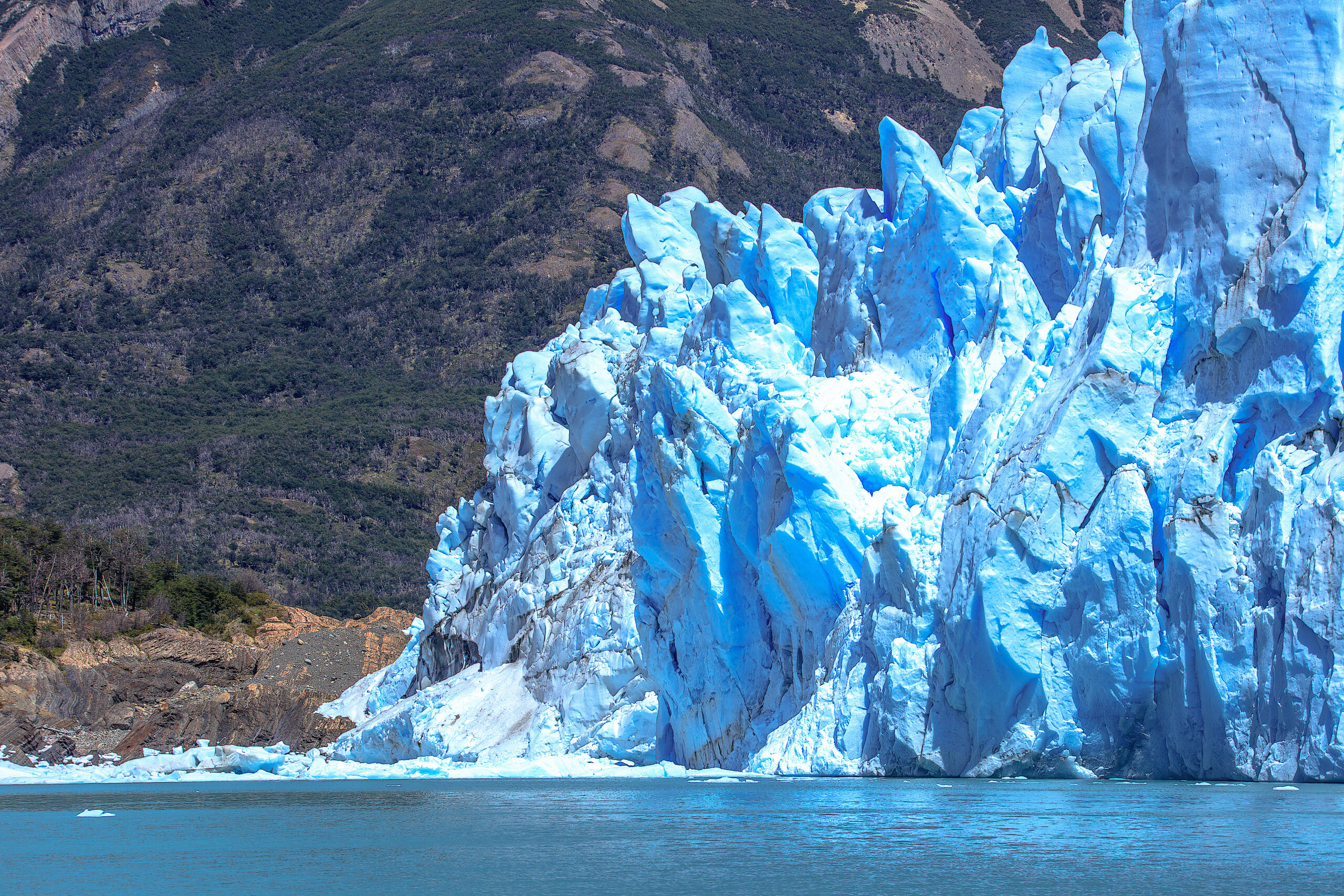
Vital Signs: The Hottest Ocean in Recorded History
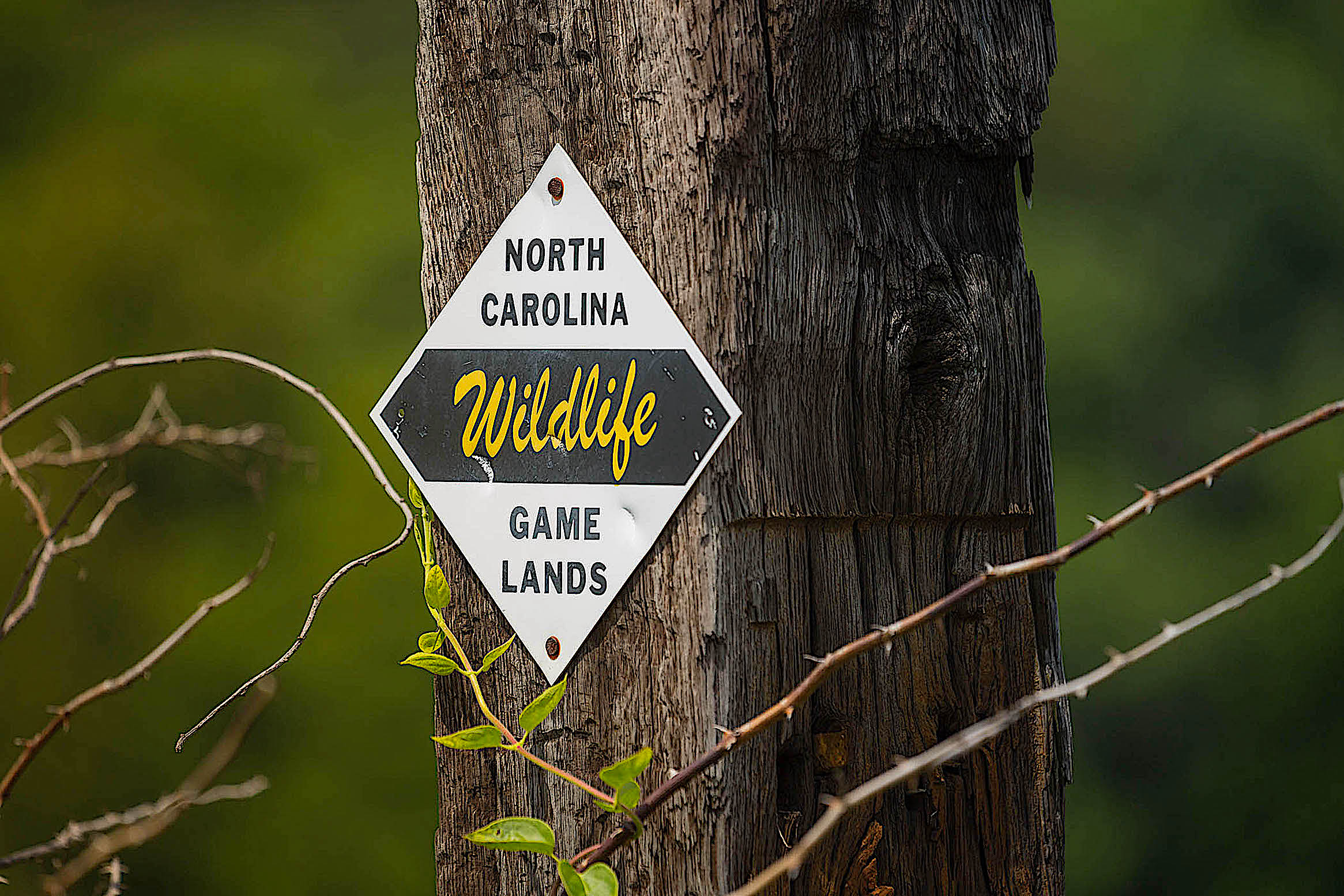
Economic Impact: Wildlife Management Areas Support Local Businesses

3D Research: Who Wants to Look at a Dead Whale?
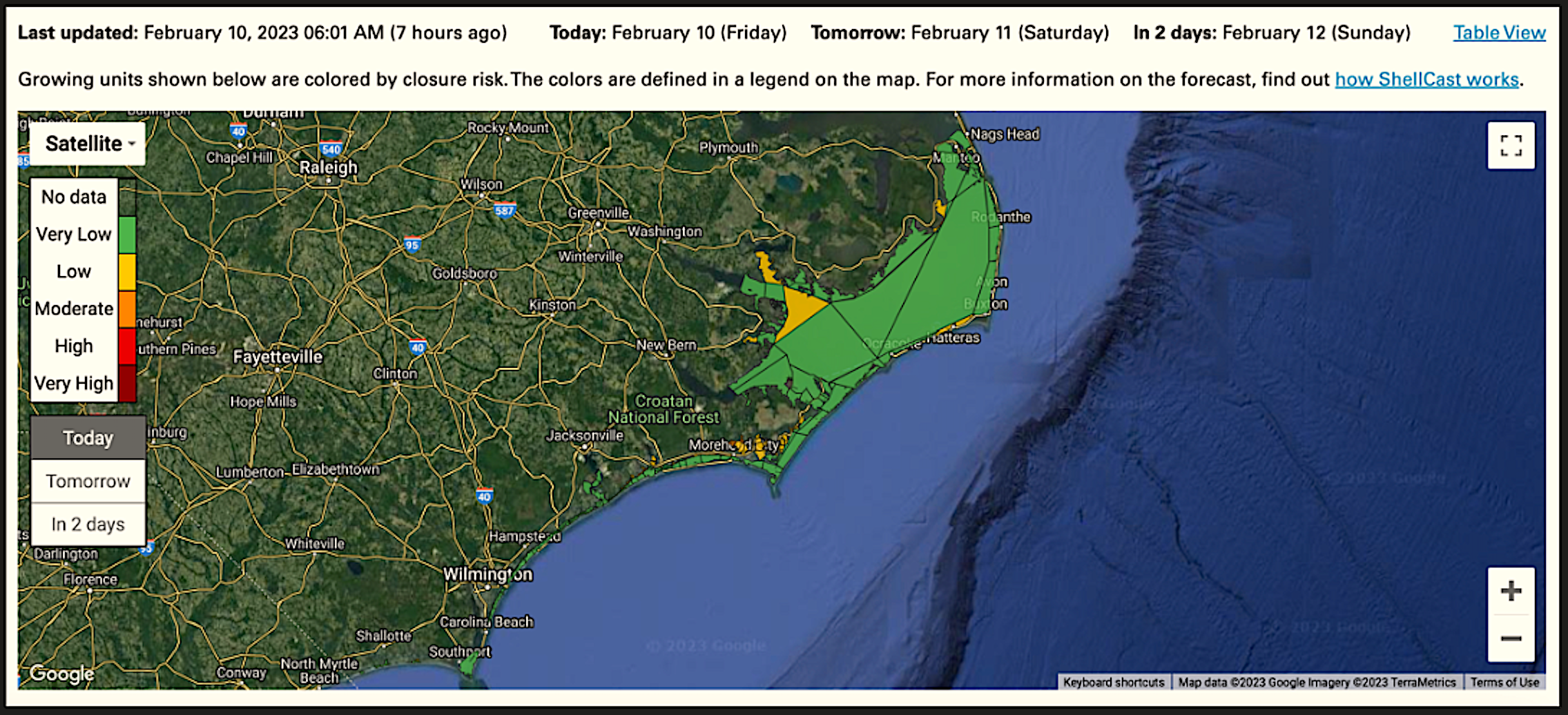
Cultivating Coastal Waters: North Carolina’s ShellCast App Goes Regional
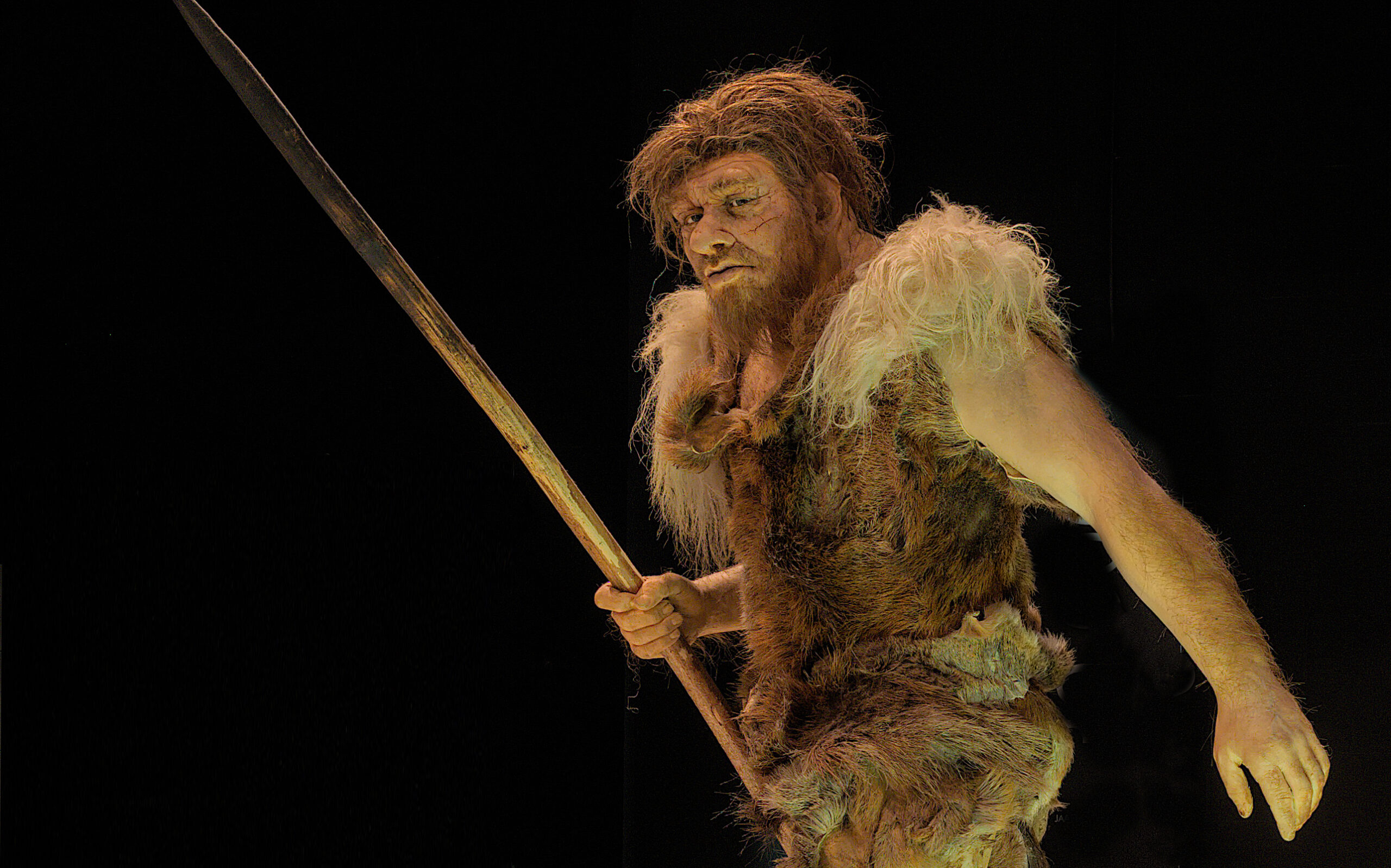
News in Archeology: Neanderthals Cooked and Ate Crabs 90,000 Years Ago
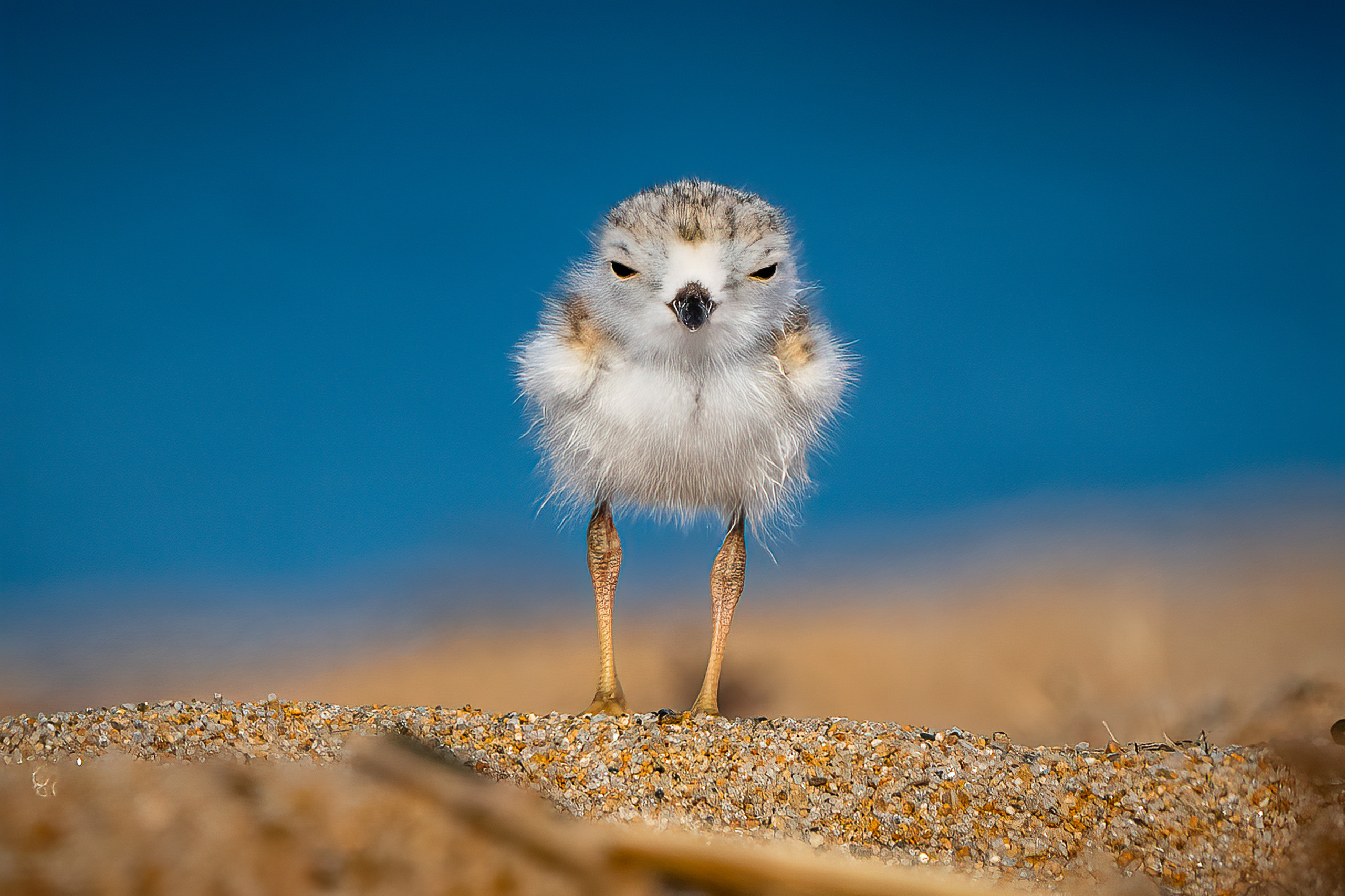
Naturalist’s Notebook: Hurricanes, People, and Piping Plovers
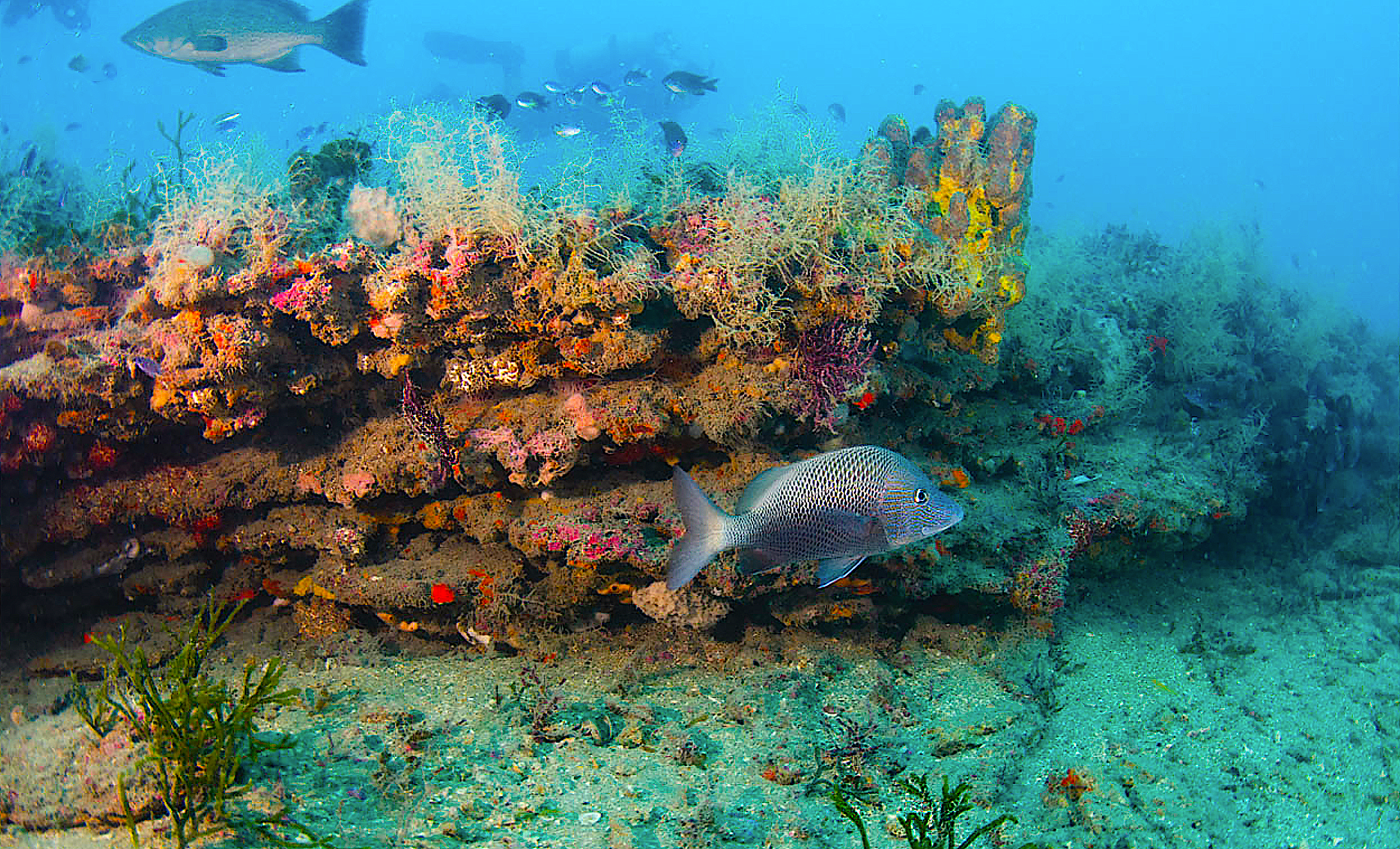
How Much Ocean Floor Off the Southeast Coast Do Natural Reefs Occupy?
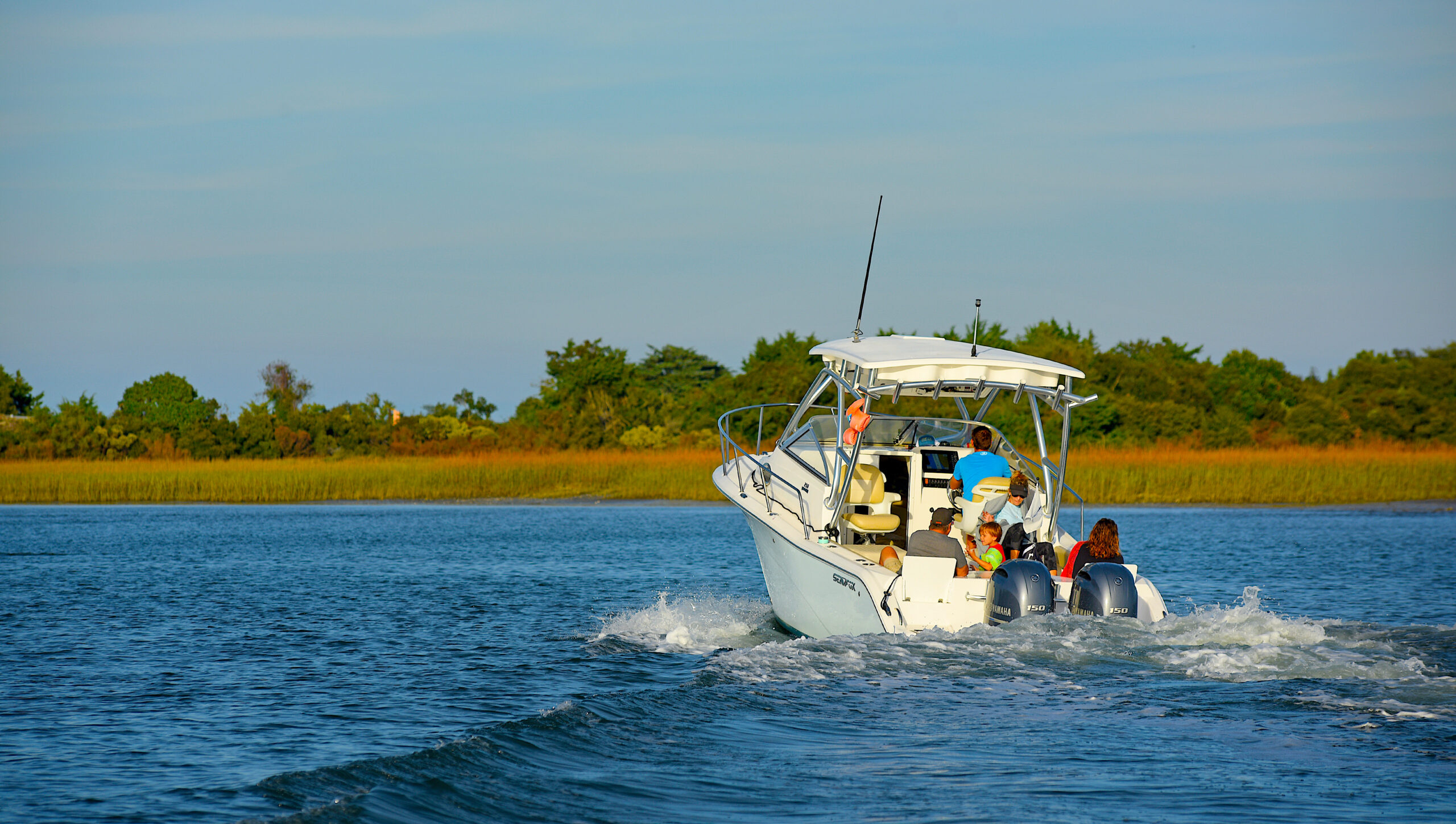
Safety Alert: Danger in the Air
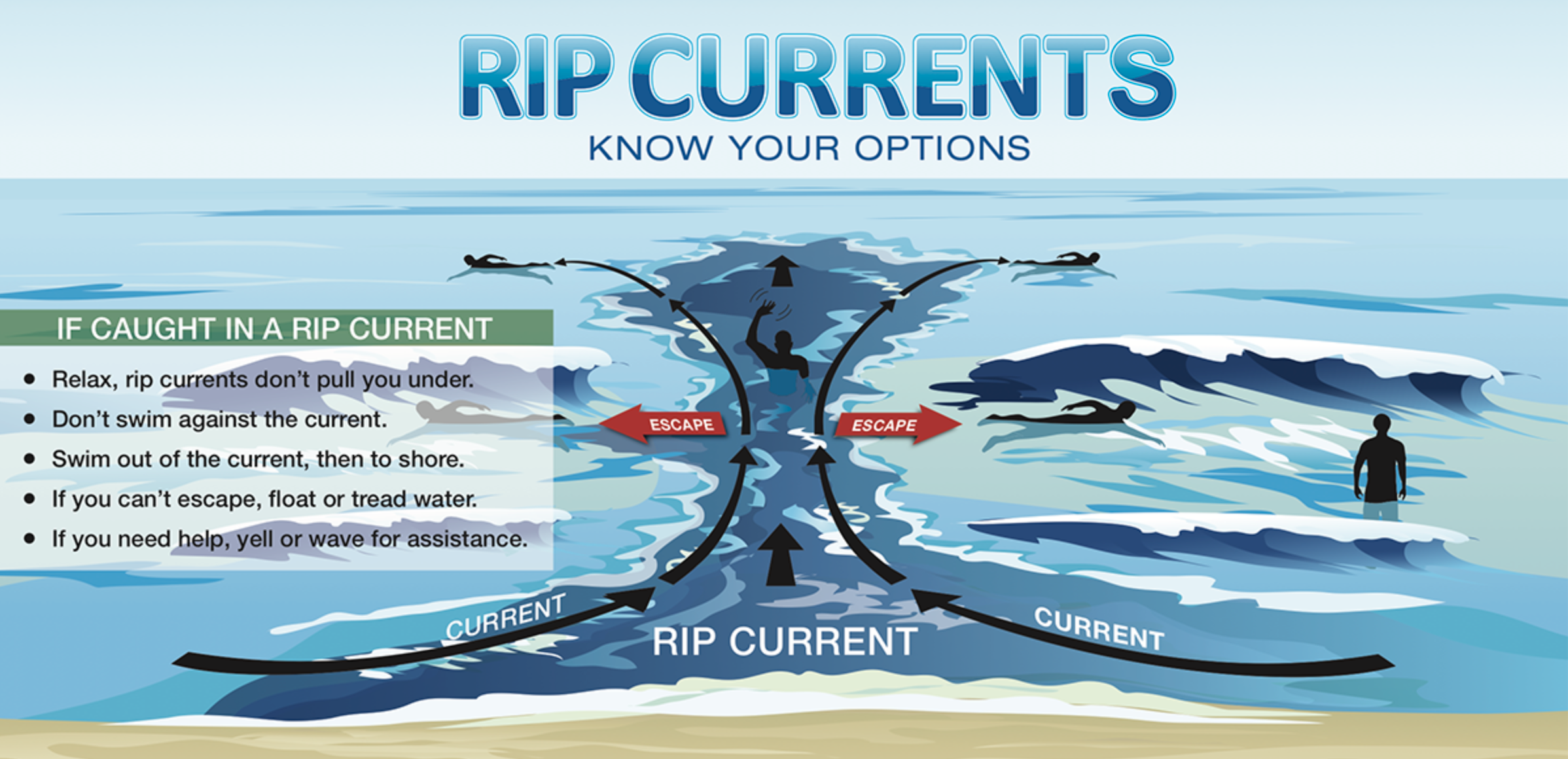
Rip Currents Safety
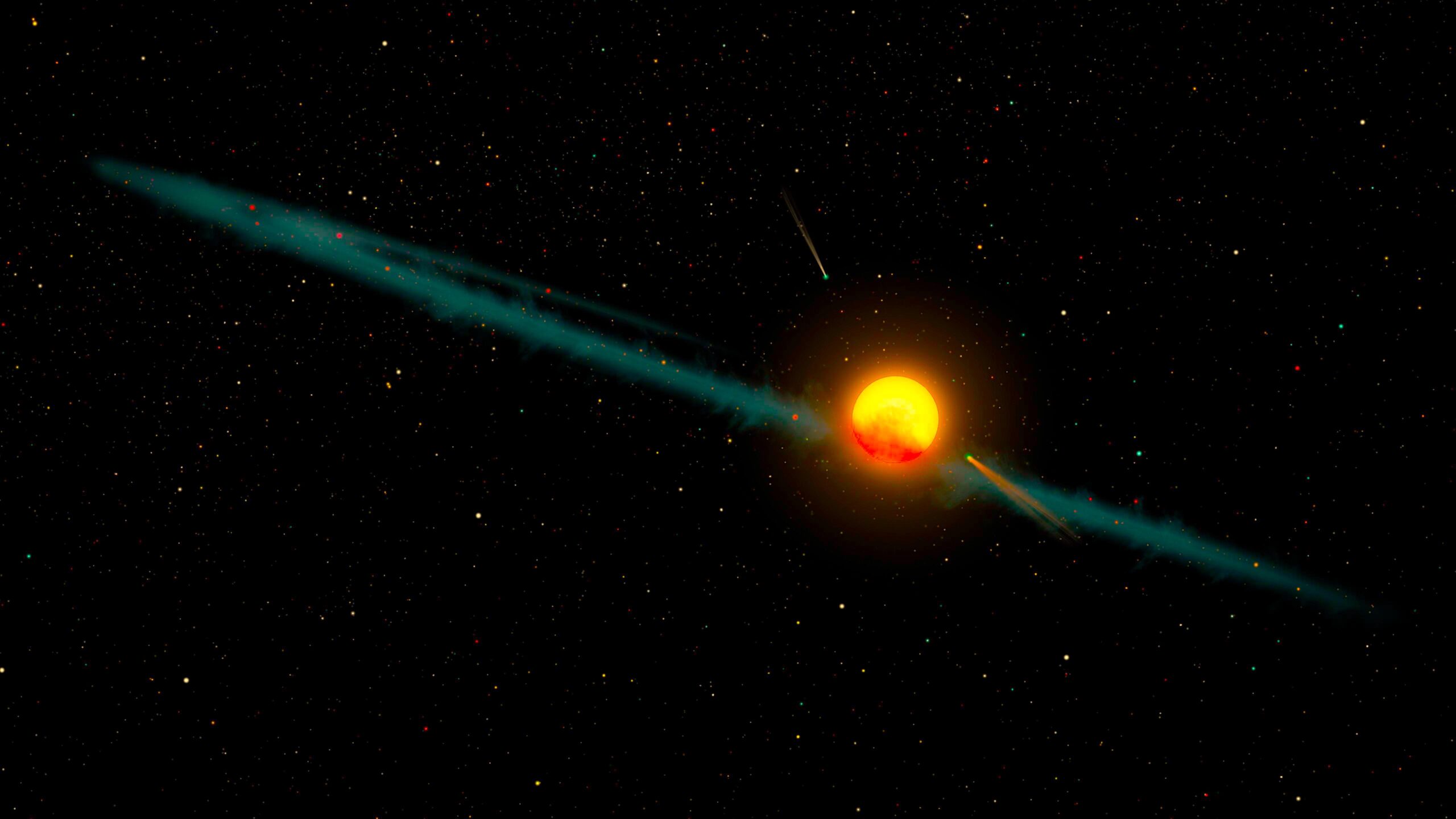
Coastal Currents
